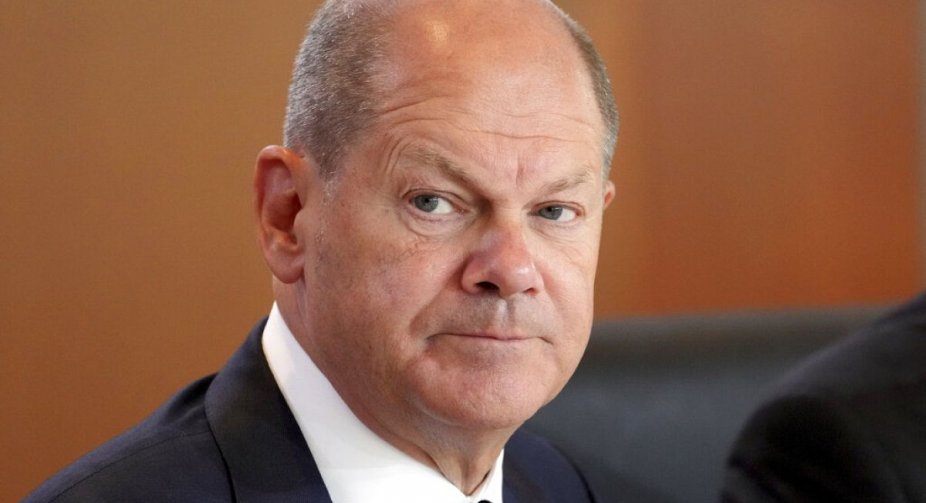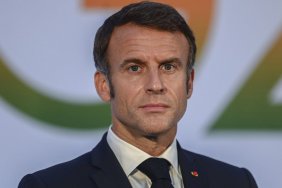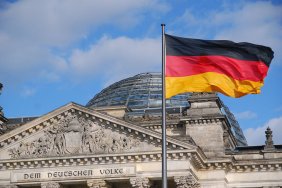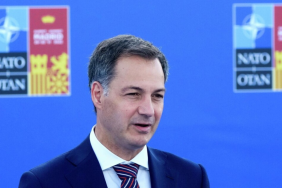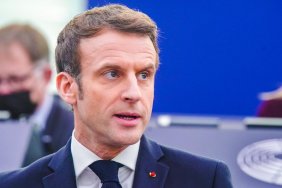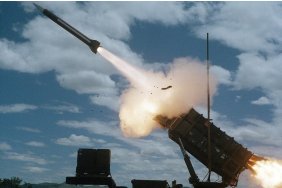In Germany, the far-right Alternative for Germany (AfD) has achieved growth in the European Parliament elections - from 11 to 16% and won 19 seats. This is reported by Euobserver with reference to exit polls.
Thus, it was ahead of all the ruling parties in Germany and took second place in the all-German standings. It should be noted that the AfD is against military aid to Ukraine and in favor of negotiations with Russia.
The first place was taken by the Christian Democratic Union under the leadership of European Commission President Ursula von der Leyen (the CDU is currently in opposition in Germany). It received 30% of the vote.
Among the ruling coalition, the most serious losses were suffered by the Greens, which are represented in the government, in particular, by Foreign Minister Baerbock, whose percentage fell to 12 percent from a record 21 percent. Chancellor Olaf Scholz's SPD achieved the worst result in recent history: 14 percent of the vote. Only the Free Democratic Party (5 percent of the vote) maintained its results.
The Sarah Wagenknecht Alliance, another force that opposes arms supplies to Ukraine and supports negotiations with Russia, won six percent of the vote in the European Parliament elections.
Also, the Austrian far-right Freedom Party doubled its position in the European Parliament elections. It garnered about 27 percent of the vote, coming in first and ahead of other Austrian parties.
